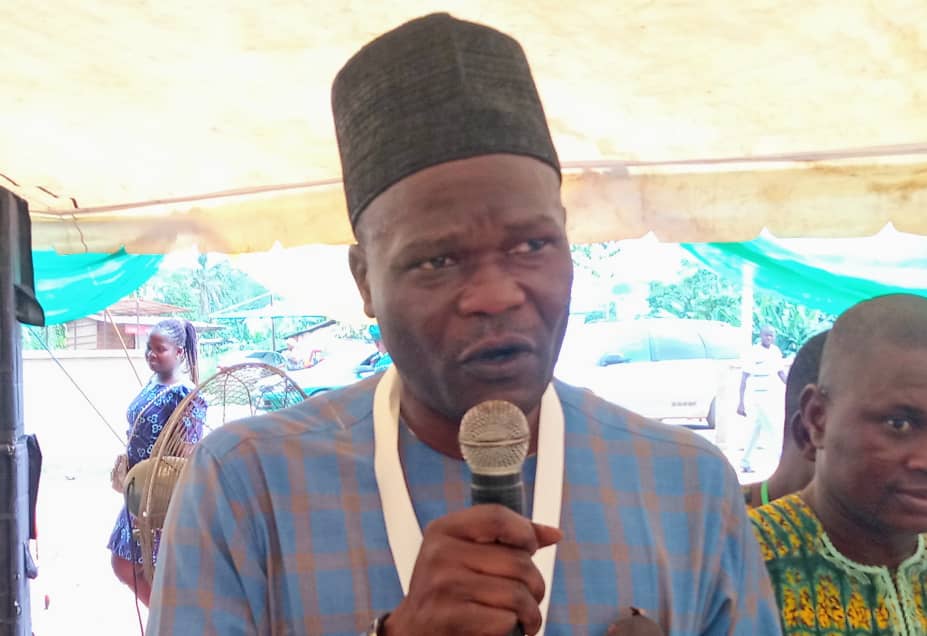ABEOKUTA – A former House of Representatives aspirant in Ogun State, Mr. Bolaji Oloyede has identified laziness and idleness as factors contributed to high rate of social vices among Nigerian youths.
Oloyede made this known on Thursday in Abeokuta at the second edition of Skill Acquisition training organized by Youth in Community, Abeokuta North Zonal Community Development Committee, Ogun State.
The astute politician maintained that, youths should be actively involved in policy making at the local government administration.
He noted that, the youths should avail themselves of skill acquisition training as government cannot create enough jobs for everybody, stressing that they need to equip themselves with entrepreneurship skill to curb criminality in the society.
He lamented that, the rising unemployment rate is responsible for the crimes being perpetrated by the youths.
“The youths should be involve in the policy making of the local government administration because they constitute about 65% of the population.
“But because of the unemployment rate in the country, majority of them are lazy and idled and as a result, they engaged in fraudulent activities to make ends meet.
“The situation is so unfortunate, that is why I want to enjoin them to make meaningful impact in the society by engaging in entrepreneurship skill to curb criminality in our society because government cannot provide white collar job for everybody”.
He continued, “They have a lot of roles to play, like I say in my speech they are not too young to rule the land law of the Federal Republic of Nigeria, but it was specifically fashioned to help the youths so that they can contribute their God given talent to the development and sustainance of this country, and the onus is now on the youths to keep up the challenges of the country because it is now a challenge.
“They are working with the grassroots, they know exactly what the grassroots wants, and they should keep with it because they know what will benefit them better, by the way they participate in our political system, they would be able to have a paradigm shift from the way we operate our own political system in Nigeria into what would suit them and what would make their future better, as future of tomorrow.”








